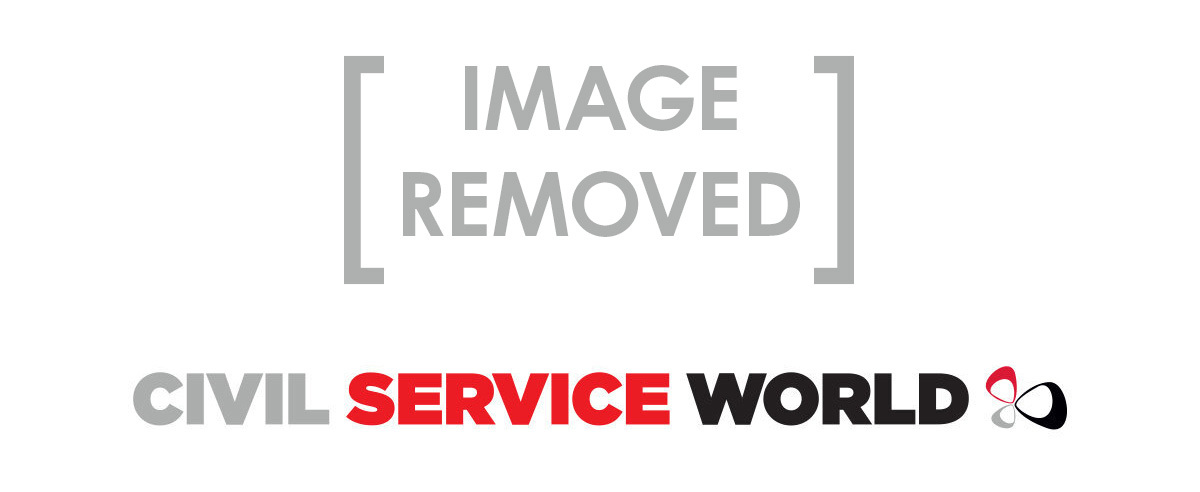The coalition really doesn’t understand health and safety, a professional in the field tells Tom Heyden.

“I’ve been working in the public sector environmental health field for over 30 years, and currently manage two teams of seven officers each. We regulate food safety in some 2,300 local food outlets, and the health and safety risks in over 7,000 workplaces.
While the recession has resulted in significant changes for all public services, the 2010 change of government has also had a notable impact upon environmental health in particular. Even if any government would have had to impose spending cuts, the specific ideological stance of the current government has caused avoidable problems.
Particularly when it comes to health and safety (H&S) regulation, the government sees us as a “burden on business”. This attitude at the top has harmfully filtered down to businesses on the ground. Where once we generally enjoyed pleasant relationships with businesses that welcomed our free advice, now we are increasingly treated with suspicion before we even start talking.
This is a very short-sighted interpretation of what we do. Firstly, we only target businesses with especially poor records. We simply don’t have the resources to target even two percent of workplaces, so the notion of being a “burden on business” – in the sense that we impede the daily work of safe businesses – is completely misplaced.
But the truly irritating element of being perceived as a “burden” is that many of our H&S guidelines aim to prevent the types of injuries that render individuals incapable of work and permanently dependent on benefits. We can’t prevent every workplace injury, but the way our work benefits everyone – not just the worker on the wobbly ladder – is completely misunderstood.
As purses are tightened, central government has restricted the risk levels we can target. We are now only permitted to check H&S in the very highest risk category, meaning that most of our work is retroactive, responding to accidents rather than preventing them.
The attitude to food hygiene is distinctly different. There is certainly no notion that we are a “burden” on restaurants as we work to ensure their food is safe. Far from it: the general public probably assumes that we cover restaurants in the borough to a far higher degree than we can, given the resources at our disposal.
Government has, however, made one change that has particularly improved efficiency. The Better Regulation Delivery Office has brought some consistency of approach by officers across boroughs.
Despite constant dialogue between regulators throughout the country, the fact that the law includes terms such as “adequate” – as in “adequate hand washing facilities” – naturally invites different interpretations of what that means.
I actually welcome the leeway that these terms allow both regulators and businesses. Common sense is required in the application of these rules, and we genuinely are not there to be an unnecessary obstacle to business success.
Nevertheless, for businesses that have numerous branches throughout the country, these issues of differing interpretations between boroughs have previously been problematic. The best recent measure brought in by central government has been ‘primary authority relationships’, which allow big corporations to be vetted and advised by the local authority where their headquarters are located.
This prevents every individual local authority from imposing a different interpretation, for instance, on appropriate hand-washing. If any of the other 400 or so boroughs want to take formal action, they must go through the primary authority. Besides improving efficiency and consistency, these bigger companies now pay for our services – removing the charge from taxpayers, who previously funded our free advice to even the biggest corporates.
This frees us to focus on riskier businesses. Larger corporations tend to be more self-regulatory, as they not only employ people specifically to do the H&S work, but also have the clout to put pressure on their own dodgy suppliers.
My main advice to central government now would be to stand still on their purge of local government regulation. They need to stop and see if they’re doing any damage before continuing.
Unfortunately, the spectre of privatisation of regulatory functions is a looming worry. I actually favour some degree of privatisation. Many aspects of public service management could benefit from the streamlining and efficiency that private companies inherently prioritise. But I feel it is risky, and ultimately misguided, to outsource important public services such as food hygiene and safety regulation to private companies. I wouldn’t be concerned if I felt it could be done cleanly. But it strikes me as a fundamental conflict of interest – legally and morally– for private companies to be given the responsibility to regulate health environments when their primary aim is to to earn a profit.”